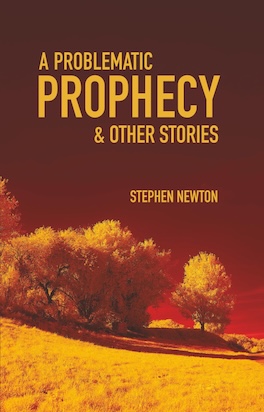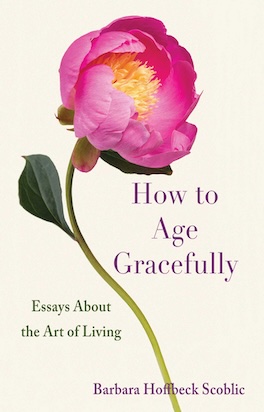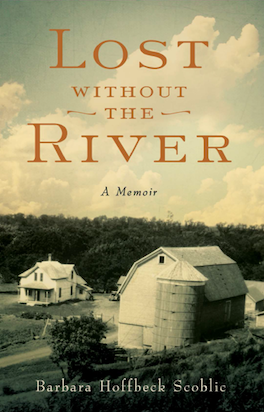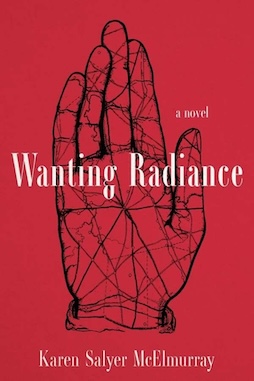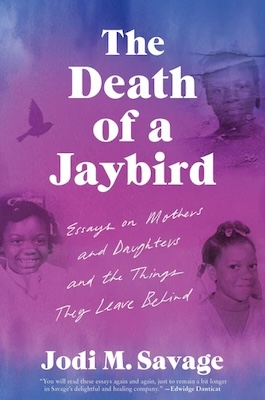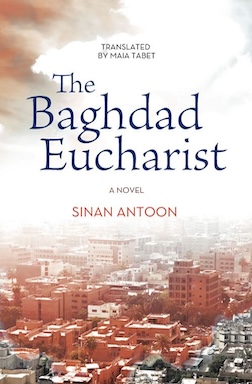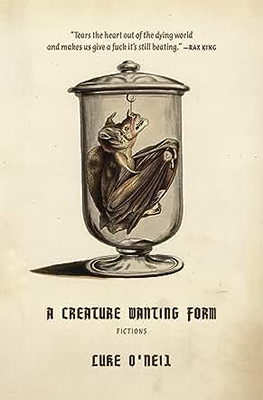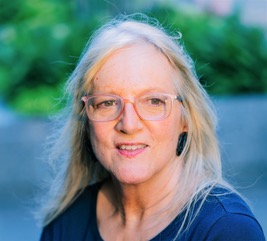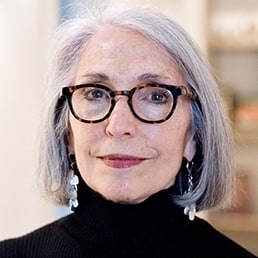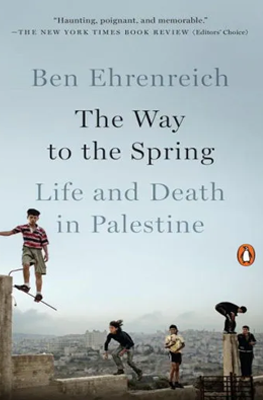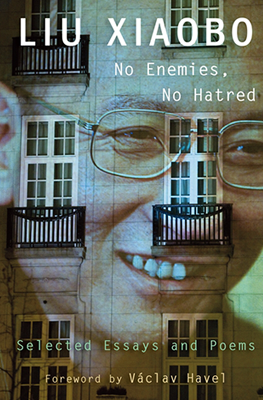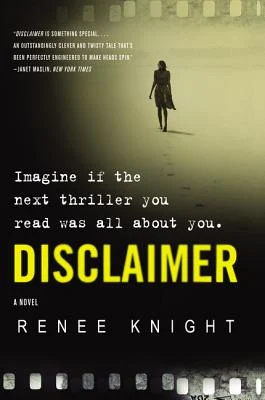The Writer’s Journey
Interviews
Essay
Creativity is the Human Condition
Throughout the majority of humanity’s existence, creativity has been regarded as a mystical enigma. Architect and architecture critic Robert Furneaux Jordan asserted that “to comprehend [creativity] fully would be to be God. We can never comprehend God.” Thanks to this prevailing opinion, it wasn’t until the late 1940s that the study of creativity even started down the path toward…
Excavations of the Mind
Freedom Dawn’s soft sun seeps through left and right forests that defer in a letter V bow to light. I rise in shadows for a gratitude prayer that precedes the aurora’s arrival, spiritual ballast for passage through a meditation that precedes the challenges this day. Silence spawns memories, reflections, questions. Rodney and the “Ring Lady” rise in mind, he whose shunned though…
Liu Xiaobo: Tyranny, Freedom of Conscience, and the Incompleteness of the Individual
After Liu Xiaobo won the Nobel Peace Prize in 2010, I followed the news about him—this dissident public intellectual who had given the Chinese government a major headache. Having read many books about nonviolent thought and action, I sensed that Liu Xiaobo’s life and writing could deepen my understanding further: He believed that words followed by action could change the direction of a country.
Longform
From the Archive
A Problematic Prophecy & Other Stories
Stephen Newton’s storytelling is like a guide that acquaints readers with what they will soon read in this collection of fifteen fictional stories inspired by the author’s “random, unexplained…
How To Age Gracefully
I ran up against my ignorance when as an undergraduate student I enrolled in Philosophy 101, read a sentence in my first assignment, and said to myself, "I know the meaning of that word and…
Lost Without the River: A Memoir
Lost Without the River: A Memoir by Barbara Hoffbeck Scoblic. Published by She Writes Press. Barbara Hoffbeck grew up during the Great Depression on a small dairy farm outside Big Stone City…
Last Witnesses: An Oral History of the Children of World War II
Current events sometimes justify reviewing a book published years ago, especially if the book helps readers better understand their world today. Last Witnesses: An Oral History of the Children…
Interviews
The Writer’s Journey
Essay
Longform reviews
The Way to the Spring: Life and Death in Palestine
Ben Ehrenreich, on assignment for Harper’s magazine, went to Palestine’s West Bank in 2011 to report on Israel’s water war with Palestine. The Way to the Spring is based on his eye-witness…
No Enemies, No Hatred: Selected Essays and Poems
Liu Xiaobo is the author of hundreds of essays and seventeen books. Most of the essays in No Enemies, No Hatred are from the period between 2004 and 2008, and reflect, in the service of…
Tiger and Clay – Syria Fragments
“There are memories for which we can live more than a life time.” —Brother of Rana Abdulfattah Photographs over the past several years have shown migrants and refugees crossing the…
The Serpent Papers
The Serpent Papers is about the completion of Joseph Bell’s soul. This battle is fought within and without, and the outcome determines whether his soul lives or dies.
Longform reviews
The Way to the Spring: Life and Death in Palestine
Ben Ehrenreich, on assignment for Harper’s magazine, went to Palestine’s West Bank in 2011 to report on Israel’s water war with Palestine. The Way to the Spring is based on his eye-witness…
No Enemies, No Hatred: Selected Essays and Poems
Liu Xiaobo is the author of hundreds of essays and seventeen books. Most of the essays in No Enemies, No Hatred are from the period between 2004 and 2008, and reflect, in the service of…
Tiger and Clay – Syria Fragments
“There are memories for which we can live more than a life time.” —Brother of Rana Abdulfattah Photographs over the past several years have shown migrants and refugees crossing the…
The Serpent Papers
The Serpent Papers is about the completion of Joseph Bell’s soul. This battle is fought within and without, and the outcome determines whether his soul lives or dies.




